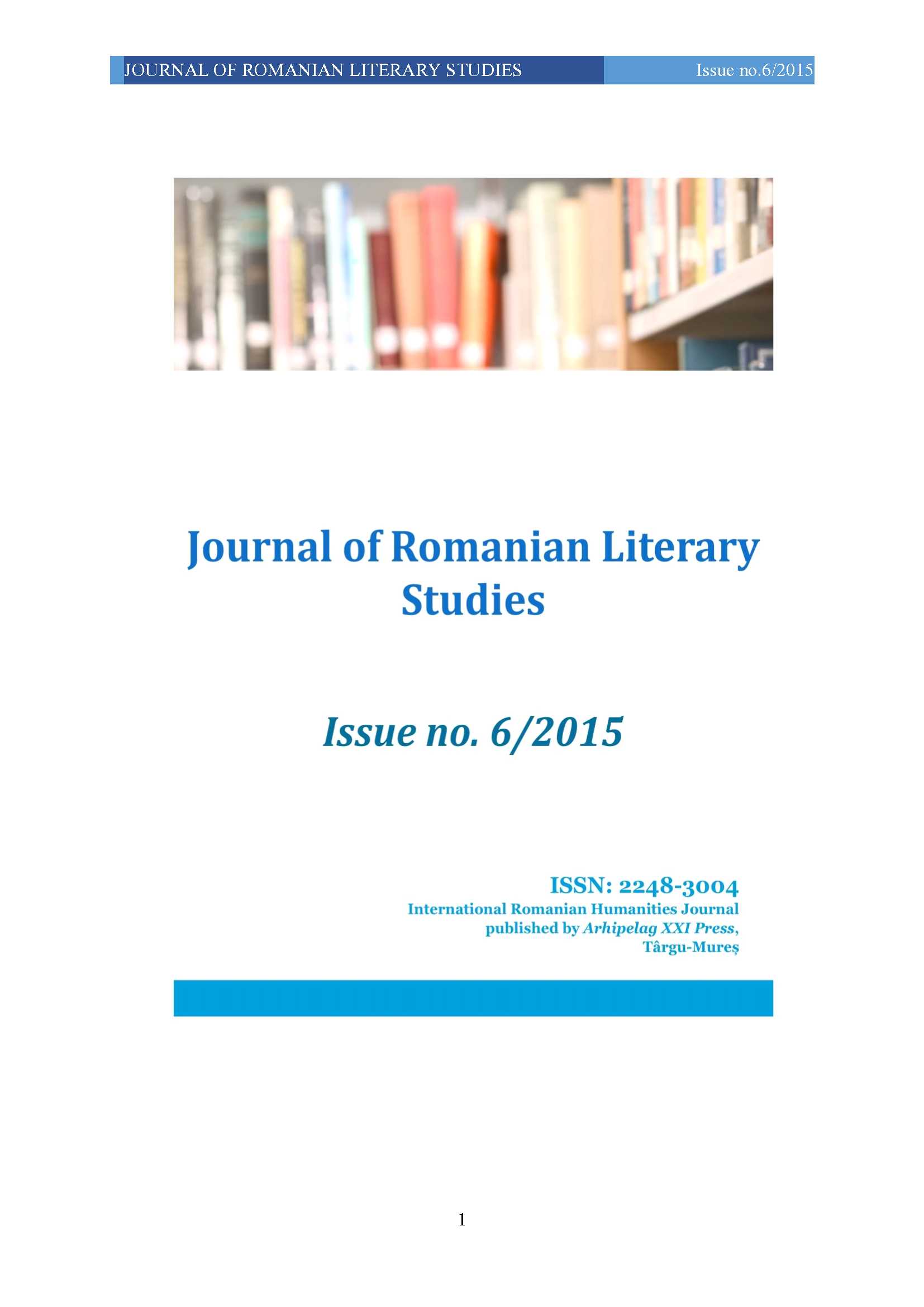AVANT-GARDE VERSUS MODERNITY
AVANT-GARDE VERSUS MODERNITY
Author(s): Mirela Radu, Cristina Veronica AndreescuSubject(s): Language and Literature Studies, Literary Texts
Published by: Editura Arhipelag XXI
Keywords: traditionalism; anachronism; radicality; dogmatism; rebellion
Summary/Abstract: Modernism, emerged in the twentieth century literature includes all those artistic movements trying a detachment from tradition, denying, sometimes in extreme forms, the previous literary movements or periods. Occurred from the symbolism, as a reaction against "semanatorism" that characterized the late nineteenth century, modernism seeks to align the artistic expression with modern life, with the period’s sensitivity thereby contributing to the enrichment of artistic creation. In Romanian literature, the person who theorized the modernist movement was Eugen Lovinescu who, through the circle around "Sburătorul " contributed to the alignment of the Romanian literature to a new phase of evolution. The principles of "Sburătorul" are connecting to the spirit of the century; synchronization with European literature in cultural and literary forms by imitation, but by differentiation as well; mutation of aesthetic values (under the influence of history); assertion of aesthetic autonomy, objectifying prose; preference for the urban theme for complex psychologies and analytical spirit; promoting new talent and "revision" of the classics; trust in progress and refusing excessive autochthonous literature.
Journal: Journal of Romanian Literary Studies
- Issue Year: 2015
- Issue No: 06
- Page Range: 881-887
- Page Count: 7
- Language: Romanian

